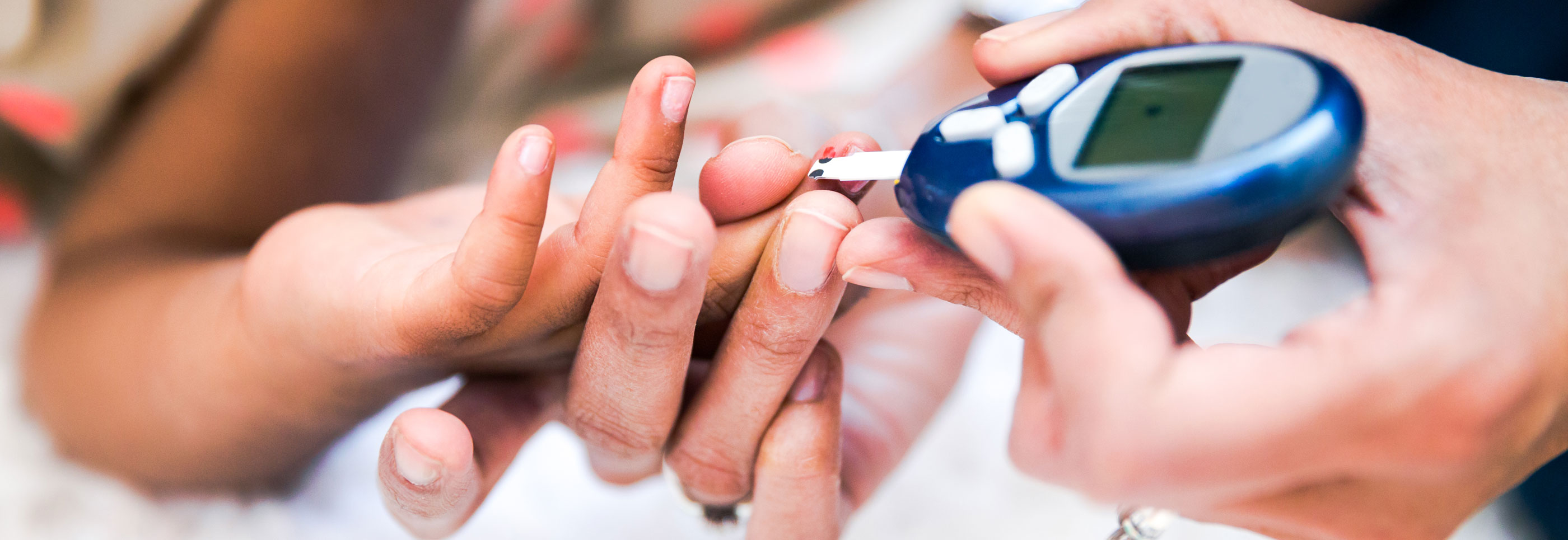Although great progress has been made in medicine over the last decade, there are still significant unmet medical needs: rates of obesity and diabetes are rising at an alarming rate around the world.
Since 1975, obesity rates have almost tripled. Meanwhile, about 425m adults are living with diabetes – that’s about 7-8% of the global population. This number is expected to rise to 629m by 2045.
Danish healthcare group Novo Nordisk is uniquely positioned to take a leading role in the fight against diabetes and contribute positively to the United Nations Sustainable Development Goals. For example, its newly-developed generation of diabetes drugs, which use Glucagon-like peptide-1 (GLP-1), are already shaking up the market. GLP-1s decrease blood-sugar levels by enhancing the secretion of insulin, thereby lowering the risk of long-term diabetes complications and the short-term fear of developing hypoglycaemia (too low blood sugar).
Novo Nordisk has also been actively raising awareness of obesity as a chronic disease that requires long-term management. In recent years, the company has increased its investment in obesity drugs, and today, it dominates its R&D pipeline, with five Phase 1 and one Phase 3 obesity-related trials.
Impact beyond medicine
But it’s not just focusing on delivering transformational biological and technological innovation, Novo Nordisk is going further to deliver positive contributions to society and the environment.
At the end of 2018, it became the first company to complete the Future-Fit Business Benchmark. It is also a member of the Future-Fit Development Council.
Using the benchmark, the company performed well in some areas of future fitness and identified gaps in others. In addition, the benchmark’s progress indicators offered the company the opportunity to calculate where it is today and importantly, what it needs to work on.
This Case Study first appeared in Hermes Impact Report, Q4 2018: https://www.hermes-investment.com/insight/equities/impact-report-q4-2018/
